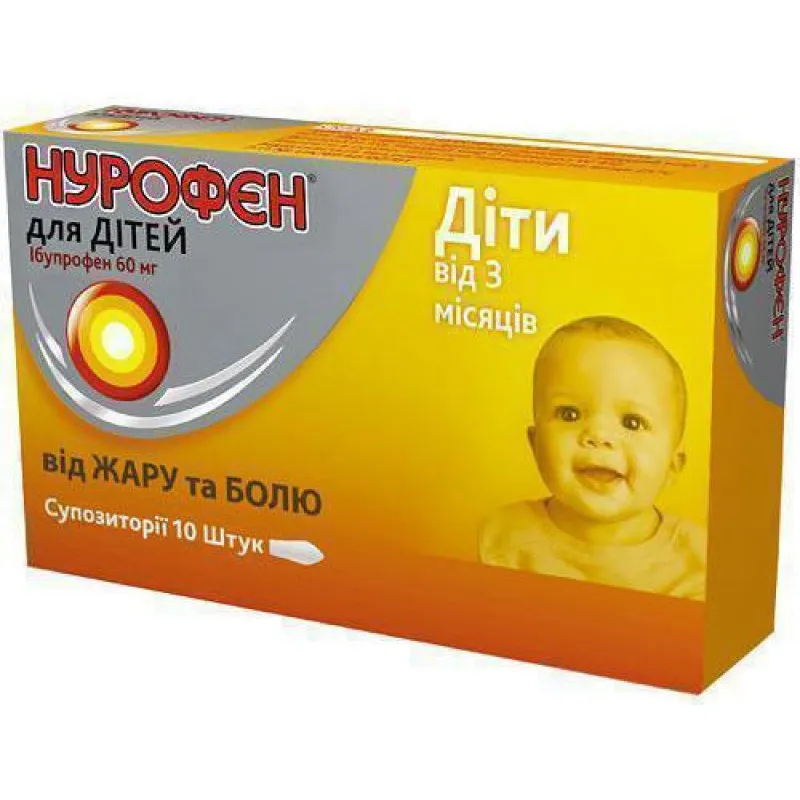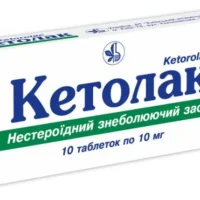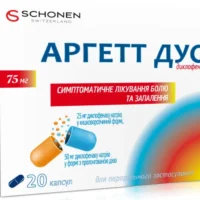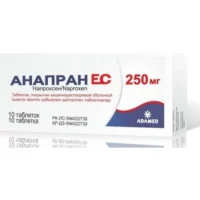Description
Nurofen Rectal Suppositories for Children 60 mg. №10
Ingredients:
- Each rectal suppository contains 60 mg of ibuprofen.
Dosage:
- Children aged 3 months to 2 years: 1 suppository every 6-8 hours as needed.
- Children aged 2 to 9 years: 1-2 suppositories every 6-8 hours as needed.
Indications:
- Nurofen rectal suppositories are indicated for the relief of mild to moderate pain and fever in children.
Contraindications:
- Do not use in children with a known hypersensitivity to ibuprofen or other NSAIDs.
Directions:
- Insert the suppository into the rectum. Follow the dosage instructions based on the child’s age. Do not exceed the recommended dose.
Scientific Evidence:
- Studies have shown that ibuprofen, the active ingredient in Nurofen suppositories, is effective in reducing pain and fever in children.
- A study published in the Journal of Pediatrics demonstrated the superior antipyretic effect of rectal ibuprofen compared to oral acetaminophen.
Additional Information:
- Always consult a healthcare professional before using this medication in children.
- Store the suppositories in a cool, dry place. Keep out of reach of children.
Pharmacological Effects: Ibuprofen works by inhibiting the production of prostaglandins, which are chemicals in the body that cause pain and inflammation. By blocking the action of these chemicals, ibuprofen helps reduce pain and fever.
Clinical Trials: Clinical trials have demonstrated the efficacy and safety of Nurofen rectal suppositories in children. A randomized controlled trial published in the European Journal of Pediatrics showed that ibuprofen suppositories provided rapid and effective relief of pain and fever in pediatric patients.





